This is real lifeGrowing up I remember being fascinated by the thought of a break down of society. It wasn't a morbid fantasy where I wanted to see people die, but rather a chance for society to start afresh, a fairer society. I felt that society in most countries worked to serve an elite that was so entrenched that it was impossible for others to eat from the same table. It's why after watching I Am Legend, the film about the aftermath of a virus mutation, I spent months day dreaming about what such a world would be like (and also fighting zombies). I didn't think for a second that just over a decade later, the coronavirus would cause society to lie on the brink, but here we are: the current generations' 9/11 and 2008 financial crisis all wrapped up in one. Phase 1: the virus makes the jump (It's not a conspiracy)When this crisis becomes manageable, the details of how this virus started will begin to be clearer. Writing in the middle of the pandemic, I can only go with the truth we know so far. The virus originated somewhere in China and is endemic to bats. In late 2019, the virus made the jump across species and infected the first human in Wuhan, a large city the size of London, in the centre of China. I know there are 'alternative' theories, but many of these are nothing but conspiracies. Some people think that the implementation of 5G technology caused the virus. Those people are straight up stupid - not going to pull any punches. Don't get me wrong, I was a conspiracy theorist for a long time. It's easy to be a conspiracy theorist when the world makes you feel helpless. Growing up I needed a reason to explain why my family was so poor, why I used faint at school all the time because I was so hungry, and that reason was simple - the Illuminati! I figured the reason me and my family were so poor was because a shadowy elite secret society ruled the world and wanted to keep working class people down. Research suggests that conspiracy theories are most widely believed in societies with autocratic governments where people feel oppressed. They're also spread and believed by people that are unable or unwilling to try and take control of their lives. I took control of my life. Now that's not to say I don't believe a small group of people rule the world. I do. They're just called the mega-wealthy and they don't do it in secret - they do it openly. But to say, and more importantly - to believe - that radio waves cause a virus, is not only stupid, but also dangerous. If people are worried about 5G, they better turn off their wi-fi, never buy bluetooth headphones, never change the channel using a remote control, and never stand outside in the sun - all of these, and particularly the last one, are more dangerous than 5G. The second theory is that the virus is a weaponised biological attack. Some believe it's the Chinese government, others believe it was spread by the United States. Again, evidence suggests this to be unlikely, but it makes for a good story. An anecdote that I was once heard was that George W. Bush was told to make a statement against 9/11 conspiracy theories and he responded by saying it's better for people to believe these theories and think the Government is all powerful, than know the truth and realise their Government isn't powerful at all. Probably not a true story - but an accurate anecdote. But there is a third theory that could yet prove to be true. A laboratory in Wuhan was testing diseases in bats - this is a known fact - and it's also true that many believed safety in the laboratory was lax. The story goes that an intern accidentally exposed herself to the virus in a lab accident and then infected her boyfriend. If you've seen the film Contagion, you know how quickly things can escalate from there. I brushed over it when Donald Trump mentioned it and even when the Tory party in the UK mentioned they were looking into the rumour. After all, these are populists who will say anything to save their own poor responses. But when the French President, Emmanuel Macron, mentioned his government were looking into it, I sat up and paid attention. We might not know the truth for years, if ever. But right now, the story I'm going with is that poor hygiene allowed the disease to spread to humans in a wet market in Wuhan. If you read my post on Hong Kong, you'll know that I've been to a wet market before and it almost made me physically sick. Animal parts were strung up by wires, many animals still bleeding with the blood dripping onto the floor. Below them, bits of intestines were being eaten by cockroaches and the stench of the place was so overwhelming I found myself gagging and trying not to throw up. So when someone says this shit started in a wet market. That's plausible. Phase 2: the virus begins to spreadAs 2020 dawned, the coronavirus felt like the problem of other countries. It's easy sitting in privileged western countries to think like that, why else would we watch a near decade war tear Syria apart. The year stated with China as the epicentre of the coronavirus epidemic. China was struggling under the pressure, and then it spread to South Korea and Iran. At this point the world was paying half-attention but as soon as the virus landed in Europe everyone began to take notice. Italy didn't have the first case, but it's where the virus took hold and within weeks we saw a country that began to buckle under the strain. Soon after it was Spain, France and Germany before it finally took hold in the UK. By the end of March, Europe had become the epicentre of the epidemic. The responses of governments, and therefore the impact of the virus, were very different. South Korea, which had one of the earliest large outbreaks, managed to very quickly and efficiently control the virus through large scale testing and isolating. Germany also responded well, it tested widely and despite having a large number of cases, its healthcare infrastructure meant it was well equipped to deal with hospitalisations. Meanwhile other countries didn't do so well. I'll get onto the UK in a moment, but the Italians found themselves the guinea pigs from which other countries learned their lessons. But it didn't give enough time for France and Spain to put these lessons into practice, within days they too found themselves straining under the volume of new cases. All these countries quickly went into full-scale lockdown. Schools, workplaces, public transport were very quickly closed. The US reacted worse still. President Trump refused to put the country into lockdown early enough, and downplayed the significance of the virus. He actively encouraged the public to rebel against any state Governors that locked down their states for any significant period of time. He withdrew funding from the World Health Organisation and began a campaign of blaming everyone else rather than protecting his citizens. This lack of action meant that New York had as many cases and deaths as the UK by mid April. By the beginning of April, the United States was the new epicentre of the epidemic. Phase 3: the Government response (Dear Boris...)The world is a pretty surreal place at the moment. Half of the planet is on lockdown or has some form of social distancing in effect. I keep wondering that if the 2019 version of me woke up into the middle of this, I'd be one confused guy - deserted streets, talks of a virus, overwhelmed healthcare system. That's something that seems surreal. It happened in Italy, and it's beginning to happen in the UK - a healthcare system that becomes so overwhelmed that doctors and nurses have to pick who lives and who dies. This isn't something from an action or horror film, this is real life. If you're poor you will do anything to get out of poverty. Some people turn to crime, some people make the most of what they got. I was too skinny to sell drugs and not get my ass whooped and my brother was naturally very smart. He worked hard and became a doctor and I've never been more proud. But then this pandemic kicked off and I started to get a little worried for him. He's won powerlifting competitions, he's a second dan black belt in karate - but this is something that doesn't care about muscles or black belts. He talks to me about life in the hospital and how it's changed. He tells me the problem is the volume of people that are dying, the shortage of personal protective equipment and particularly how stretched nurses are. He has told me horror stories of doctors almost crossing their fingers, saying a quick prayer and hoping they don't catch the virus on that particular day because they are lacking in basic equipment. What makes it worse is that the Government failed to buy PPE in 2017 when they were advised to do so to save money - they are now paying many multiple more as they bid against the EU and the US on the open markets in a fruitless manner. It's one of the reasons why the UK death rate is so high. In 1997 we had one of the highest number of nurses per head in the world. Today we have almost 5 times less than the Germans. So it's no surprise that our death rate is considerably larger than Germany's. Consistent underinvestment in healthcare has also left the number of available beds at the lowest number in decades, which has meant paying private hospitals exorbitant amounts to rent emergency beds. It makes me pretty annoyed when people start doing #clapforcarers. The same people who voted for parties that have consistently underfunded the NHS are now standing out their front doors giving a round of applause. They don't need your applause, they need funding. And it comes to something, when a 100 year old veteran has done more for the NHS than the Government has. The issues around healthcare are the tip of the iceberg, but speak volumes about the shambolic Government response. If you've read my blog posts before, I try to be as apolitical as possible - but it's hard to sit on the fence when the people in charge seem to be clueless and thousands are dying needlessly. The first job for any government - before economic growth, opportunities for advancement or anything else, is to keep their people safe. This hasn't happened. A muddled strategy that began with the goal of herd immunity then shifted to isolation (but far too late) when the scope of the disease became clear. We live on an island, and our cases started to take off much later than the rest of Europe. There is no reason that we should be heading toward having the largest death rate in Europe. At best the leaders are incompetent, at worst, they have the deaths of thousands of people on their hands. It's crazy what can be achieved when rich people are dying too, right? Out of no-where, the Government has, albeit very late, found a magic money tree to bail out businesses. Maybe it's that residual, younger, conspiracy theorist in me, but I can't help but imagine that if this disease was limited to the working class, we would have leaders saying "we're all in this together", while telling people to keep working and earning their money. Phase 4: Staying sane in lockdownI've got to admit, I've got it pretty lucky being locked down alone. I don't think I've ever been more thankful not to have young children. Being in lockdown will inevitably impact the mental health of millions, it has led to an increase in domestic violence as well as racism and xenophobia in every country. The Chinese are discriminating against Africans, the Indians against Muslims, and in Europe and the US it's anyone of East Asian origin. Standard panicked behaviour. In 2001 it was anyone in a turban (rather than a small group of extremists), in 2008 it was the immigrants (rather than the bankers), and in 2020 its whatever minority you associate with a lack of hygiene (rather than a non-discriminatory virus). But there have been some surprising benefits of being in lockdown. The thing I'm enjoying the most is being able to manage my interactions with people. Sometimes I just want to do my own thing, but someone will ask me to hang out, or just walk up to me and start a conversation. That's gone now, and it feels quite nice. My work is still keeping me busy during the week, and on the weeknights I'm video calling my mom every night, and my brother every day that he isn't working (and that's getting rarer as the number of hospital admissions increase). I made a conscious decision not to quarantine back in the Midlands with my mom. She had cancer about a decade ago and had to have a kidney removed - I can't risk getting an infection and passing that onto her. That being said, as a farm worker, my mom still has to go to work 6 days a week. And that's an issue. Two-thirds of my family are still working, as are many other ethnic minority families as they either work in healthcare (like my brother) or do lower-skilled manual jobs (like my mom). They don't get to work from home. I'm seeing a lot more of my friends from the Midlands than I did before. I'd have to wait a few months for one of my trips back home to drop by and see them, but since the quarantine we do a video quiz night three times a week. Even friends in London are video calling and having conversations more often than before. I'm hoping that some of this continues after all of this is over. The other thing that I'm doing is running. I always used to say "cardio is the enemy of gains" as a way of avoiding running. For me, working out has always been about lifting weights. But Covid-19 has changed everything, and I've been forced to switch how I work out. The first thing I did was order resistance bands, and I seem to have done it right on time, they seem to be sold out everywhere now. They're not amazing, but do a job. They're great for shoulders and biceps, but for everything else they are just okay. I supplement the resistance bands by doing push-ups, squats and lunges every third day. But the big change has been running. I'm lucky to live in Central London so I use my one government sanctioned outdoor exercise of the day (that sounds apocalyptic) to run around the park. It's amazing, I've been doing it for a month but I've gone from barely able to run for a couple of minutes to doing longer and increasingly faster runs. I switch the distance up, sometimes I do a quicker 2km, other times a measured 5km, and last week I did a longer 10km which took me around the main sights of Central London. Phase 5: Deserted LondonThe result of the Government response (phase 3) which includes the lockdown (phase 4), are deserted streets (phase 5), and I wanted to share my experience of my longer run. To see Central London in quarantine was pretty surreal. Going shopping with social distancing is strange, but running along tourist hotspots is something else. I first ran the length of Hyde Park, part of my usual routine. While the park is definitely quieter than normal, there are still large amounts of people going running - in fact, I've seen more people running in the park now than ever before. I then ran across St. James' Park and past Buckingham Palace. This was my first real exposure to how quiet some of the busiest places in the UK had become. On any given day, the gates of Buckingham Palace are full of tourists, but today I was the only person in the vicinity. No-one was climbing the lion statues, no-one was sitting on walls taking selfies and no-one was pressed up against the gates trying to get a look inside. I ran along The Mall to Trafalgar Square, an area just a couple minutes from Charing Cross - the designated 'centre' of London. In sunny weather people gravitate toward the fountains, street performers entertain the public and it can be shoulder to shoulder as you try to get from one side to the other. But on this day, I was the only person on the square. It was an eerie quiet and I stopped my run for a couple of minutes to take it all in. I'd be one of the few people on the planet that could say they were the only person on Trafalgar Square. I carried on with my run, turning north toward the busiest part of London, heading toward Piccadilly Circus. This is my least favourite part of London - it's always cramped full of tourist, with large chain stores and tacky souvenir places. It's the Times Square of London and I avoid it religiously. But on this day I realised just how beautiful it was. Again, I was the only person standing opposite the large screens and it was probably the closest I felt to 'I Am Legend'. The next part was continuing north along Regent Street and then turning west along Oxford Street - the busiest shopping district in Europe. Again, on any normal day, I will make special efforts to avoid this part of London, but today I was one of maybe 3 or 4 people that I saw on the entire road. Formerly busy stores were closed, with only a chemist still open. The final part of the run took me past Marble Arch and again through Hyde Park and while my legs were getting tired and my knees were giving me pain, I couldn't help but think how surreal the whole experience was. This was the centre of one of the busiest cities on Earth, and I had probably seen a dozen people in the 45 minute run that I had just done. Phase 6: lifting the lockdownThe question everyone seems to be asking is how long will this continue? If you've seen charts showing GDP or unemployment, you'll know the economic and social impact far exceeds anything we have seen before; whether its the 2008 financial crash, 9/11 or even the 1930 Wall Street crash. The lockdown can't go on forever. The most common belief is that some restrictions will need to be in place until either enough of the population has immunity (tested through antibody tests) or when a vaccine is developed. While researchers are racing to create a vaccine, most scientists believe a commercially available vaccine is probably at least still a year away, There's a lot of phases to vaccine development, and some studies suggest there are at least three strains of coronaviruses currently hitting humanity. Once a vaccine is developed it needs to be manufactured into the millions needed to protect people, and this isn't a quick or easy process. This means that some form of social distancing is likely to continue for the rest of 2020 - this might mean a ban on large public gatherings, or various phases of lockdown, release and re-lockdown. How the coronavirus has affected SikhsPanjab has been one of the worst affected states in the subcontinent, and while the blame lies with individual responses, the State response has been poor. Research links the outbreak with one individual, Baldev Singh, who contracted Coronavirus in Germany. Despite being told to self-isolate, he attended the annual Hola Mahalla celebrations and went onto infect many more before he passed away. As a nation, we need to be better than this. This, and other outbreaks, led to Panjab being placed under curfew, and if you know about the Sikh struggle, you know a Panjab under curfew is ripe for police brutality to take place. I've lost count of the number of videos I've seen of Panjab police humiliating citizens. The police are beating normal Panjabis, making them do squats while filming the whole thing. Not everyone just sits there and takes it though, and certainly not the Nihang Singhs. They're not ones to be messed with, and after one particularly misguided Police attack, an officer was relieved of his hand by the sword of an Akali Nihang Singh. In the UK, Sikhs make up a fair amount of the healthcare system and while there aren't Sikh specific stats, numbers relating to broader ethnic minorities are available. Some suggest that despite making up on 14% of the UK population, ethnic minorities account for 34% of all critically ill patients at this point of the crisis. It's why 100% of doctors that have died, and 50% of nurses that have died to this point are from ethnic minority backgrounds. How the coronavirus has affected travelCross-border travel has all but stopped and looks likely to remain that way for a while yet. Even when restrictions are relaxed, I can't imagine too many people will want to travel. Now, there are some positives, the biggest one is a big fall in pollution as industries, including airlines, stop. There are pictures from Venice that show waters becoming clearer than they have in decades as tourist numbers fall. Residents from cities like Venice and Barcelona who are struggling under the sheer number of tourists can begin to get a little respite. But there are negatives too. It's likely that many airline companies will fail. It's also likely that businesses that rely on tourism will too. I think back to some of the communities that I have visited in Peru, Bolivia, Cambodia and Thailand that rely on tourism and wonder how they will be impacted. While many people who were planning to travel will get all their money back, some won't. I had to cancel a trip to Istanbul and was only partially refunded. I'll also be cancelling a trip to Copenhagen and I'm not expecting to get all my money back. If you've booked direct through an airline, and that company cancels its flights you will get your money back. But if you go through a travel agent, chances are you will be offered credit or a partial refund. It's not a great position to be in. But travel is the furthest thing from my mind at the moment. First and foremost I'm thankful that I'm still able to work and be paid. I'm thankful that despite being in her mid-fifties, my mom is relatively young and healthy and is able to earn a living, and I'm grateful that my brother is able to put his knowledge to good use and is saving lives everyday. I can only imagine how difficult it would have been if this happened when we were younger and my mom was working 3-4 jobs to support us. There's no way we could have got through it and the sad truth is there are millions of people in exactly that scenario right now. There are millions who have lost jobs, and worse still hundreds of thousands who have lost their lives. The incidence of domestic abuse has increased and the familiar face of racism has reared its head again. Right now, I hope for their sake, that we get out of this sooner rather than later. Comments are closed.
|
AuthorBritish Sikh, born in the Midlands, based in London, travelling the world seeing new cultures. Archives
September 2023
Categories
All
|
Photos from Johnny Silvercloud, Nina A. J. G., Michael Vadon, jcorrius, mikecogh
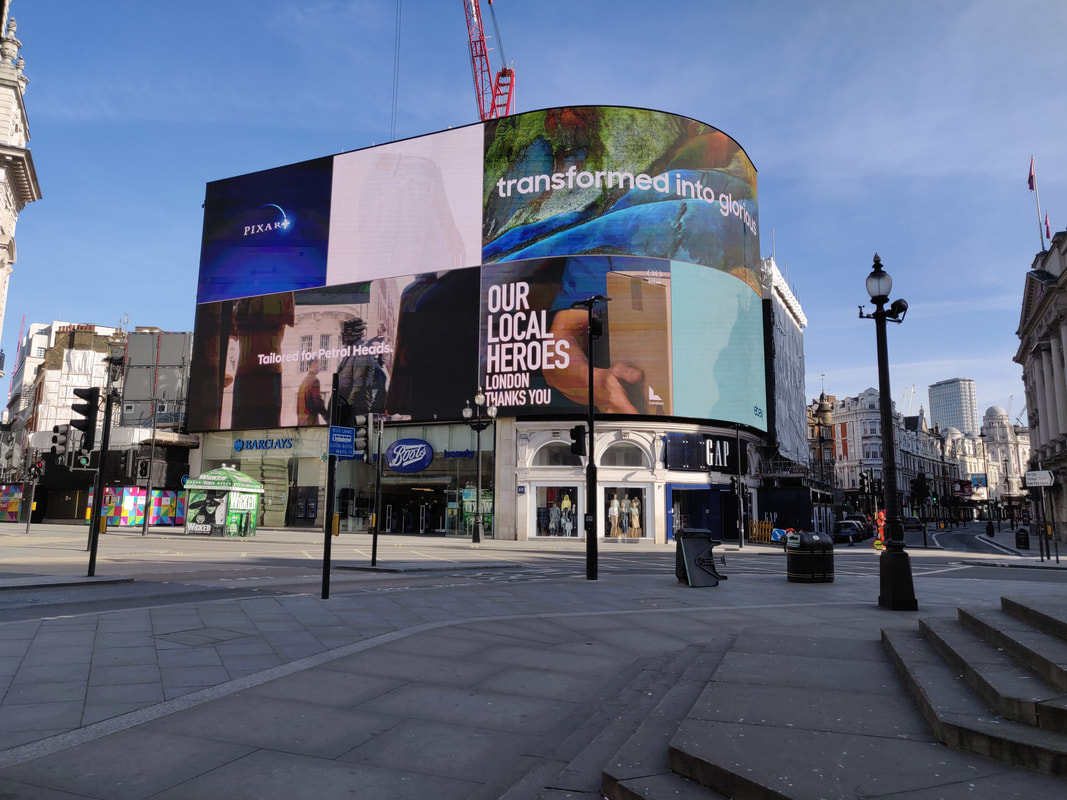
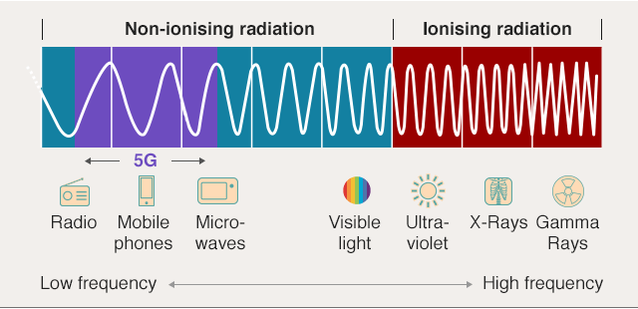
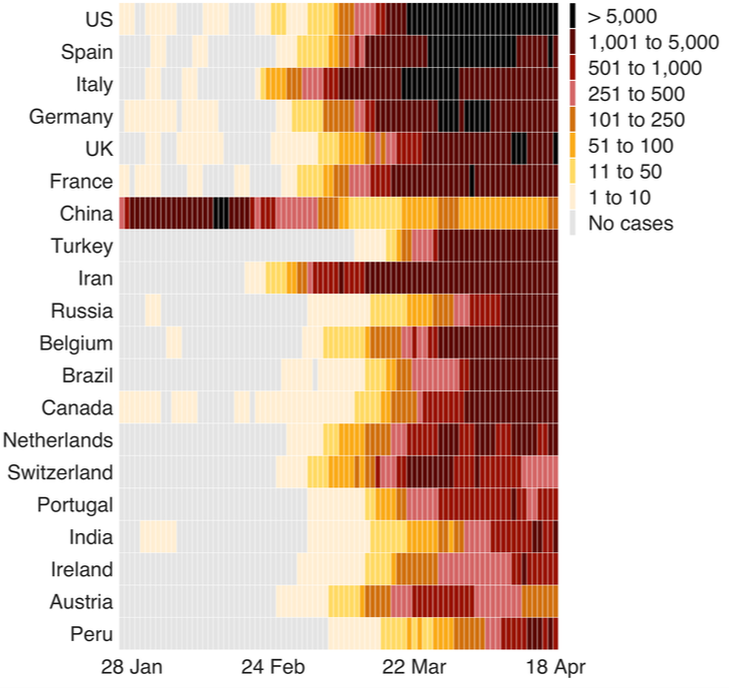
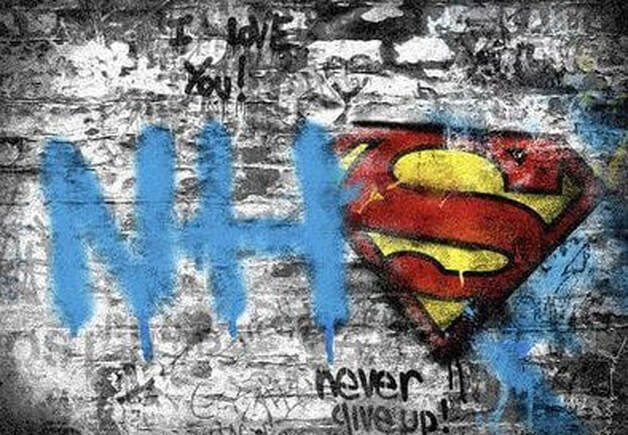
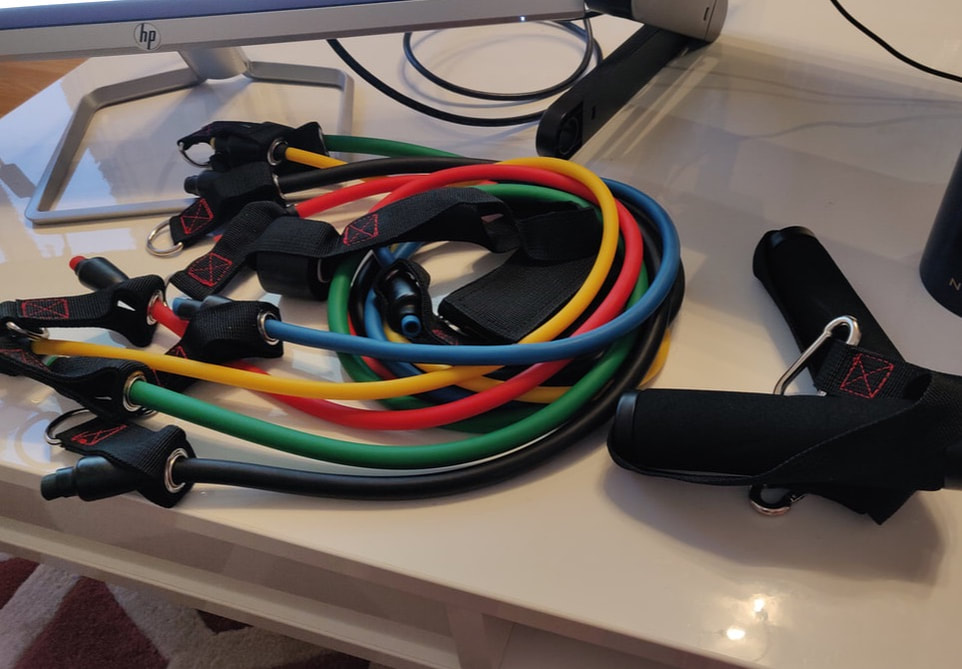
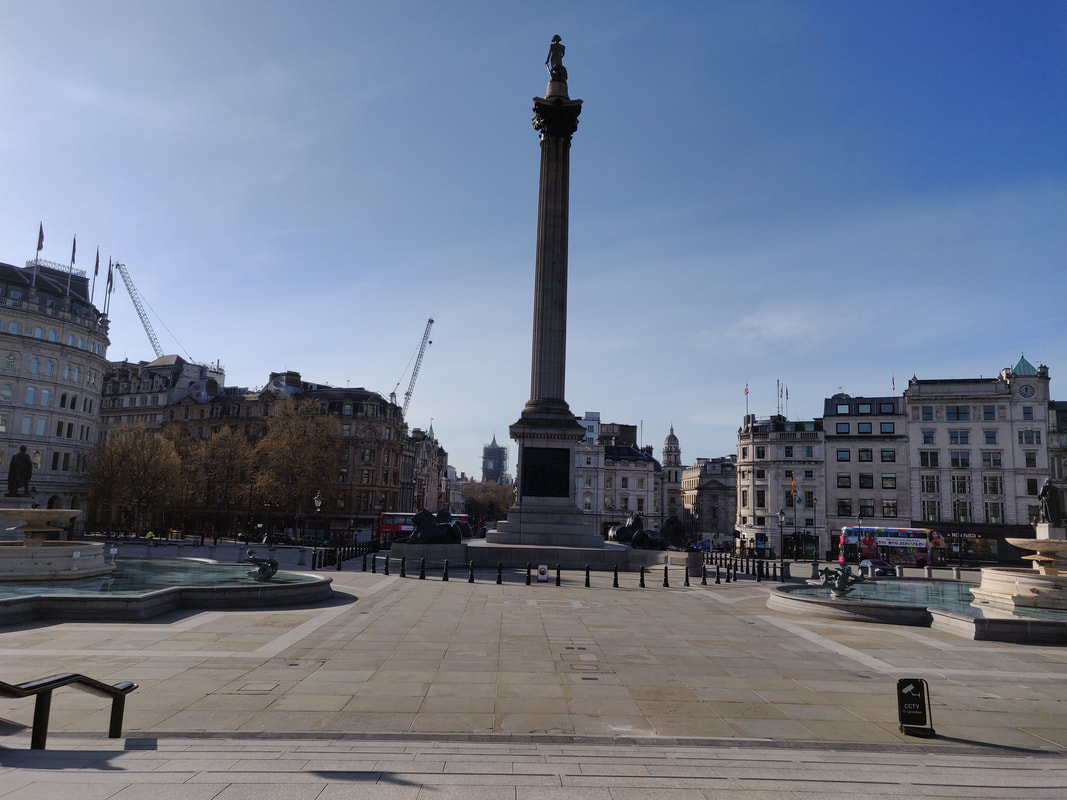
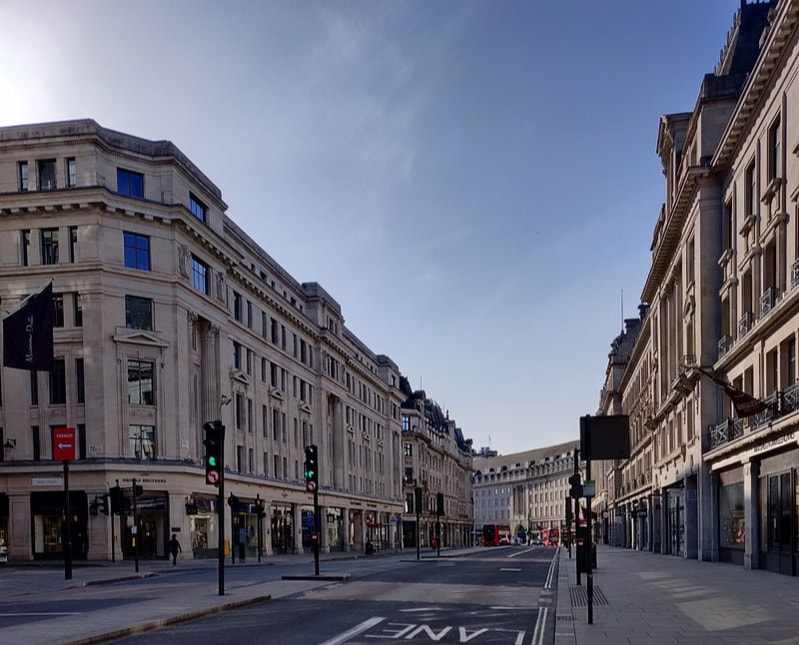
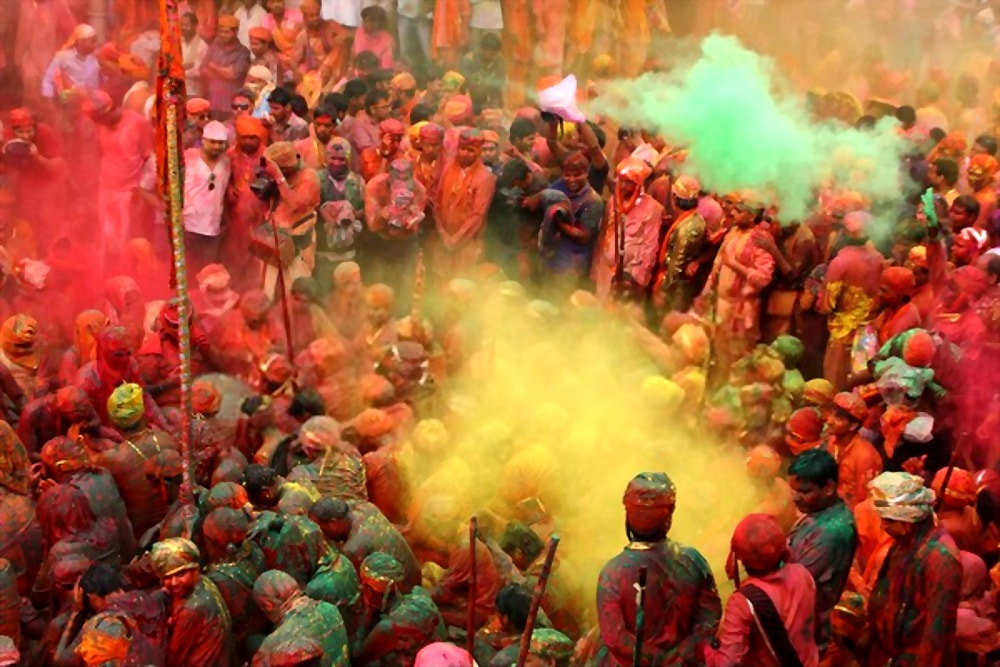
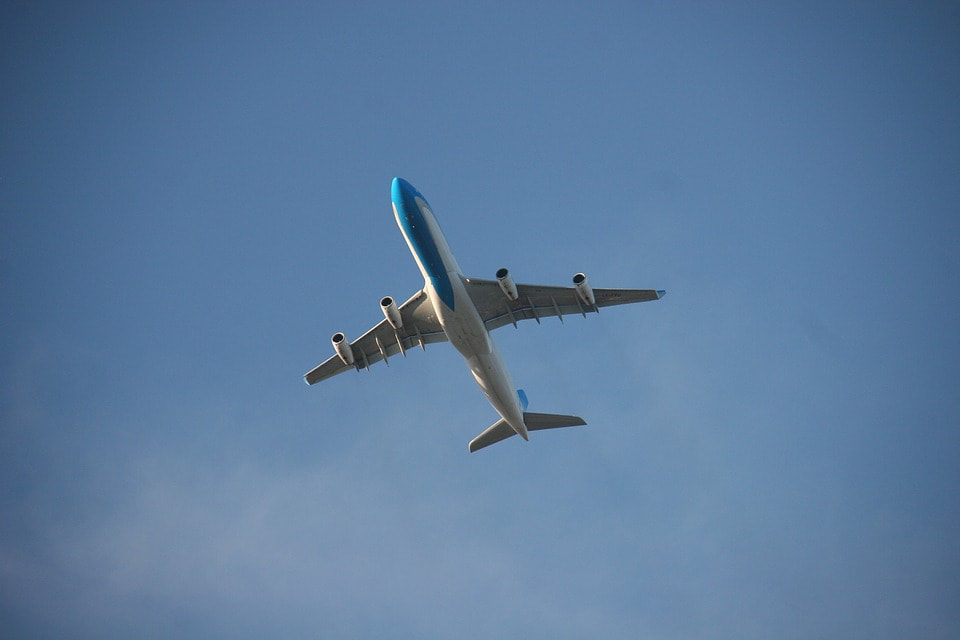
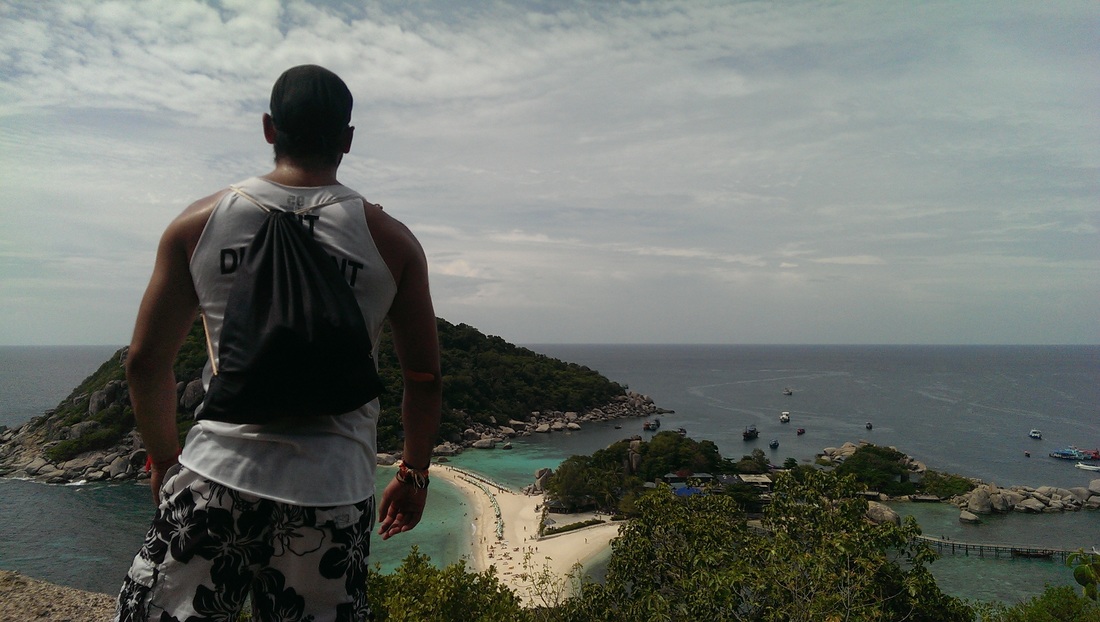
 RSS Feed
RSS Feed